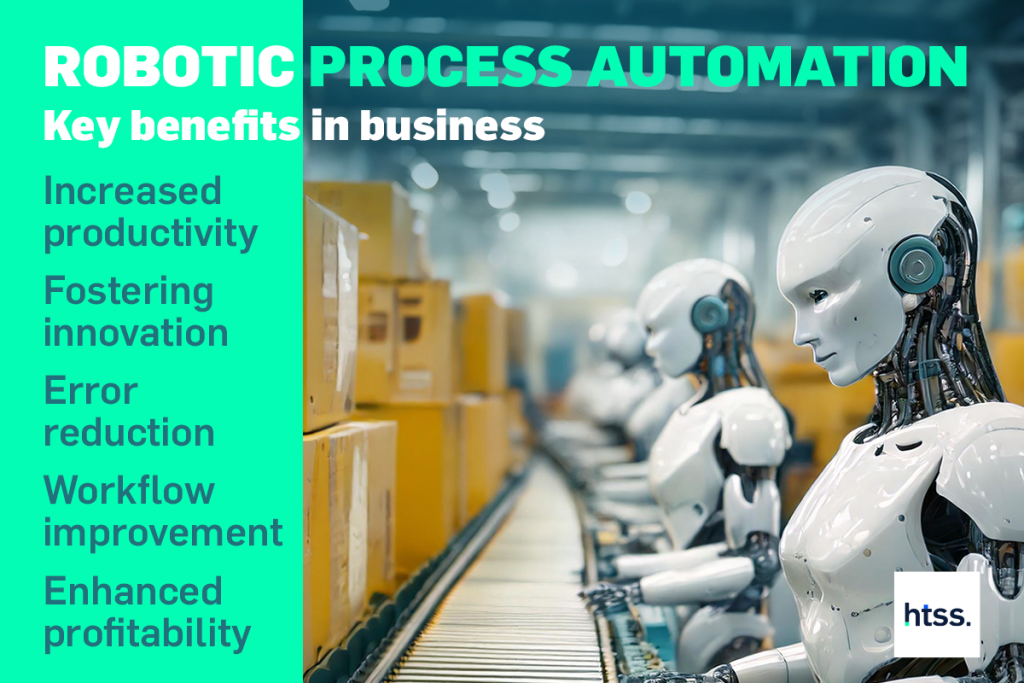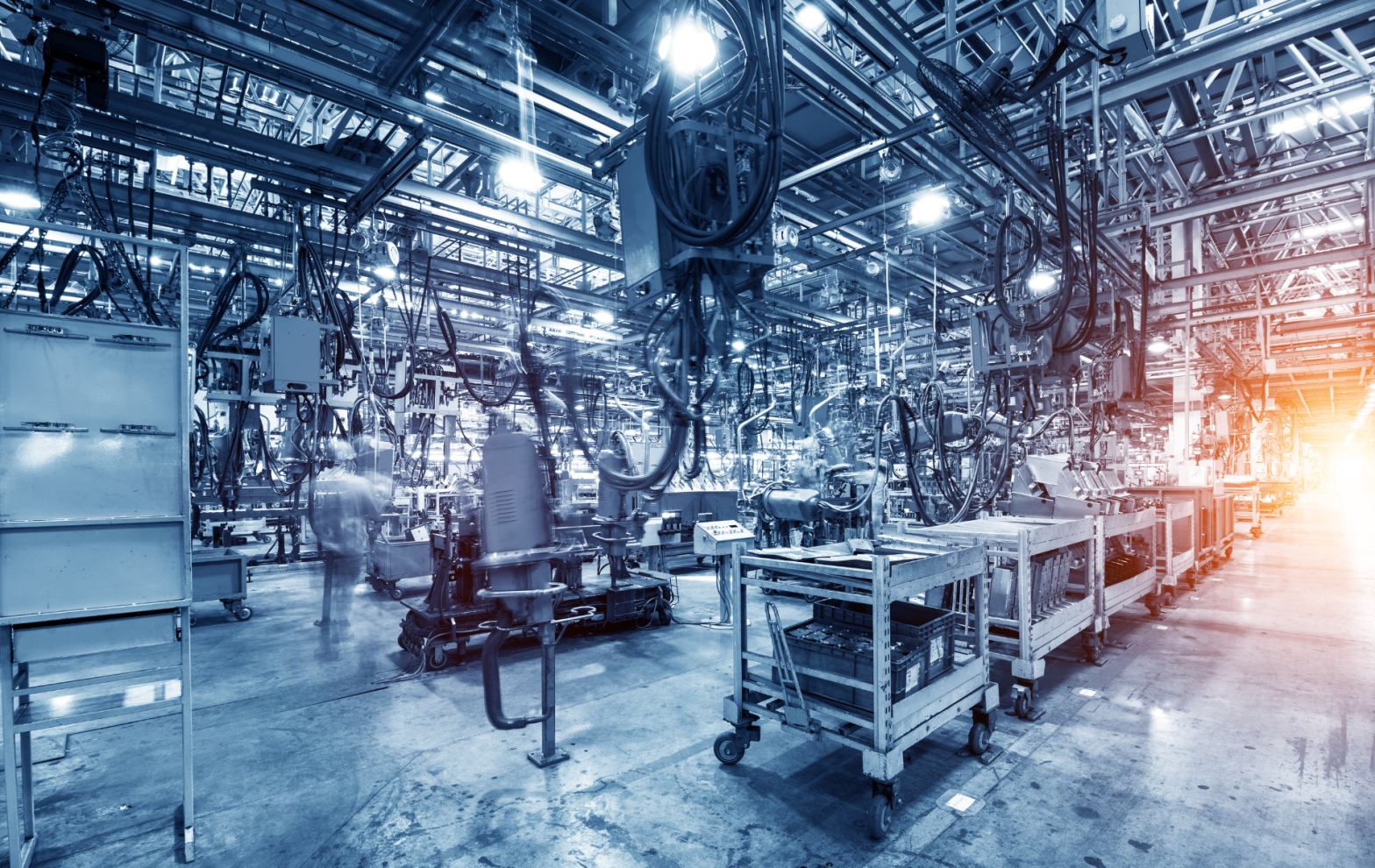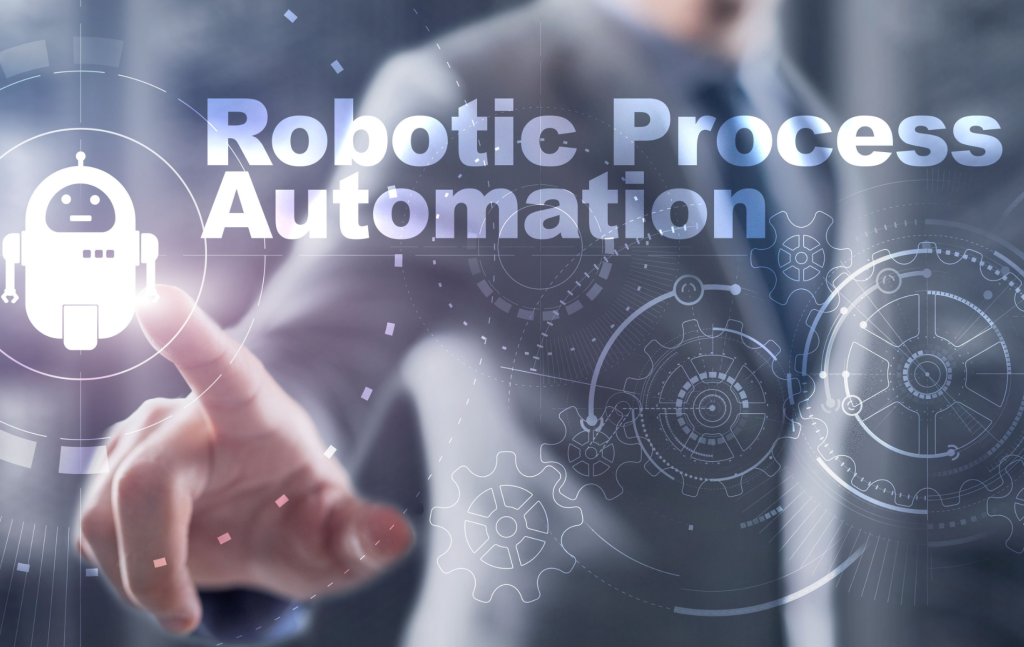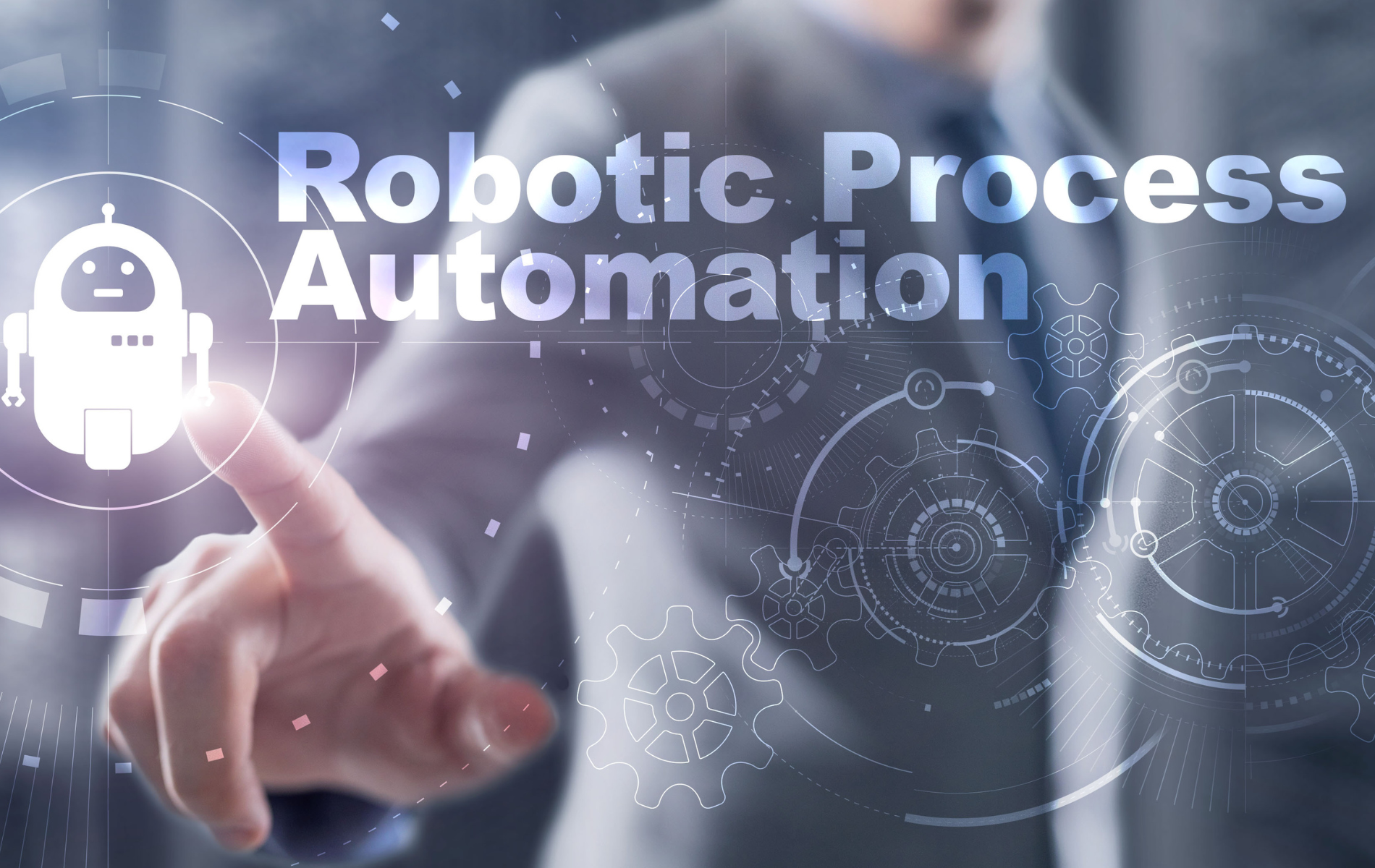Robotic Process Automation (RPA) or robotic process automation is revolutionizing the way companies operate by automating repetitive processes that previously required manual effort. By using RPA technology, businesses can reduce errors, improve workflow and reduce costs – all while expanding operations. But what exactly is Robotic Process Automation, and why is it becoming an essential tool for organizations looking to optimize their workflows?
What is robotic process automation?
For fast-moving businesses, Robotic Process Automation (RPA) has become a key tool for companies looking to streamline their operations. RPA helps automate repetitive processes, increasing efficiency and reducing human error. This article will explore what RPA is, how it works and the major benefits it brings to businesses.
Robotic Process Automation (RPA) refers to the use of robots to automate mundane and repetitive processes that were traditionally handled by humans. RPA technology can interact with different applications, making it easier for companies to automate tasks such as data entry, invoice processing and other routine operations. RPA can significantly improve workflow by speeding up processes and reducing errors, which ultimately increases productivity.
How RPA works
RPA works by using software to automate specific tasks based on predefined rules. These robots can interact with any software, extract and input data, move files and even trigger responses in other systems. In essence, RPA mimics human actions in digital environments, handling repetitive processes that would otherwise require manual intervention. The technology is highly scalable, which means it can handle increased workloads without the need for additional resources. With RPA, businesses can easily integrate automation into their existing systems, creating continuous workflow improvement.

Key benefits of implementing RPA in business
One of the main benefits of implementing Robotic Process Automation is increased productivity. By automating repetitive processes, employees are freed from routine tasks, allowing them to focus on more strategic and value-adding activities. This not only improves the efficiency of teams but also contributes to the development of new initiatives and innovation within the company.
At the same time, RPA helps to reduce errors, as software robots execute processes according to well-defined rules without deviating from them. Eliminating common human errors ensures increased accuracy and consistency in task execution, which leads to improved quality of results and increased customer satisfaction.
Another major benefit is workflow improvement. By implementing RPA, tasks are completed faster and without interruptions, which accelerates business processes and optimizes the use of resources. This enables companies to be more responsive and flexible in the face of market changes.
RPA also has a significant impact on costs. Process automation reduces the need for additional manpower and minimizes the costs associated with error correction. Thus, businesses can operate at reduced costs, leading to increased profitability. Implementing RPA enables scalability without requiring significant investment in additional resources, giving companies the ability to automate at scale as they grow.
How RPA helps increase efficiency and reduce costs
RPA’s ability to automate routine tasks leads to significant efficiency gains for businesses. Because RPA robots work tirelessly around the clock, companies can complete processes much faster. This increased efficiency translates into higher productivity without additional expense. By reducing human intervention, RPA also minimizes the chances of errors, which can be costly to fix. In addition, RPA helps reduce operational costs by automating tasks that would otherwise require more employees. This cost-effectiveness, combined with improved accuracy, makes robotic process automation a powerful tool for modern enterprises.
Robotic Process Automation (RPA) gives businesses a competitive advantage by automating repetitive processes, improving workflow and reducing costs. Thanks to its scalability and ability to boost productivity, RPA is transforming the way businesses operate, making it a valuable technology for any organization looking to improve efficiency and drive growth.


































